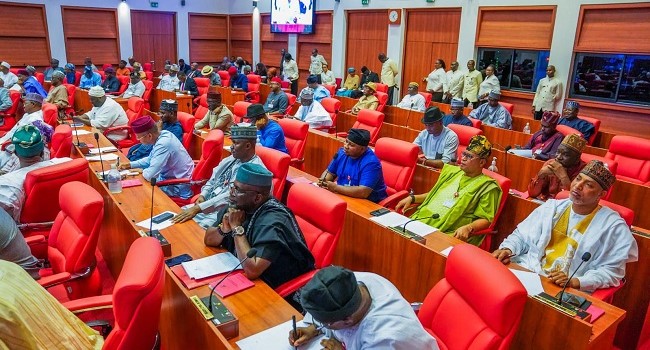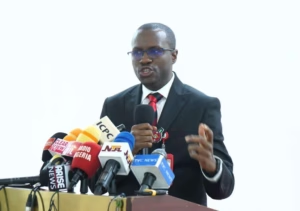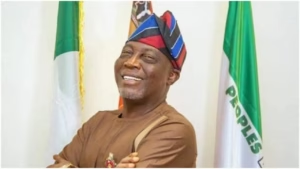Amid scrutiny over a staggering ₦210 trillion audit involving Nigeria’s state-owned oil giant, energy experts are urging nuanced dialogue to separate financial facts from political rhetoric. Professor Wumi Iledare, an energy economist at Louisiana State University, cautions against conflating historical liabilities with recent reforms at the Nigerian National Petroleum Company Limited (NNPCL), which is currently under investigation by the National Assembly for financial transparency.
The audit figures, equivalent to roughly $500 billion at parallel exchange rates, have sparked debate over accountability in Nigeria’s oil sector. While defending lawmakers’ oversight role, Iledare stresses that the sum likely reflects legacy debts and interagency obligations accumulated before NNPCL’s 2021 transition from a government agency to a commercial entity. “The National Assembly must recognize the distinction between liabilities under the old NNPC structure and the new NNPCL,” he says, noting unresolved subsidy payments and intergovernmental arrears as potential contributors. “Audits detail both assets and debts – sensationalizing a headline number risks misinforming the public.”
Recent tensions flared during a hearing with newly appointed NNPCL executive Bayo Ojulari, who faced criticism for delayed clarifications. While acknowledging lawmakers’ right to probe, Iledare warns against political grandstanding: “Public servants navigating a transforming sector need room to operate without fear of misrepresentation.” He advocates for legislative committees to engage financial experts when dissecting complex audits, arguing that technical guidance would yield more constructive outcomes than adversarial questioning.
The professor also addresses stalled progress at NNPCL’s refineries, citing opaque updates about Port Harcourt’s operations and abrupt management changes at Warri. “These assets must be evaluated pragmatically,” he insists, urging the company’s board to consider divesting non-performing facilities rather than prolonging inefficiencies. His stance aligns with broader calls for NNPCL to prioritize profitability over political mandates as it adapts to its quasi-private status.
Highlighting Nigeria’s broader energy challenges, Iledare emphasizes that sustainable growth hinges on insulating NNPCL from patronage networks. “Leadership must have the autonomy to make commercially viable decisions – even if it means selling unproductive refineries,” he states. While optimistic about the sector’s potential to boost economic diversification, he warns that politicized oversight could deter foreign investment and delay reforms.
As debates over the audit continue, the incident underscores the balancing act facing Africa’s largest oil producer: reconciling demands for transparency with the complexities of overhauling a legacy state enterprise in a landscape shaped by decades of fiscal dependence on fossil fuels.






